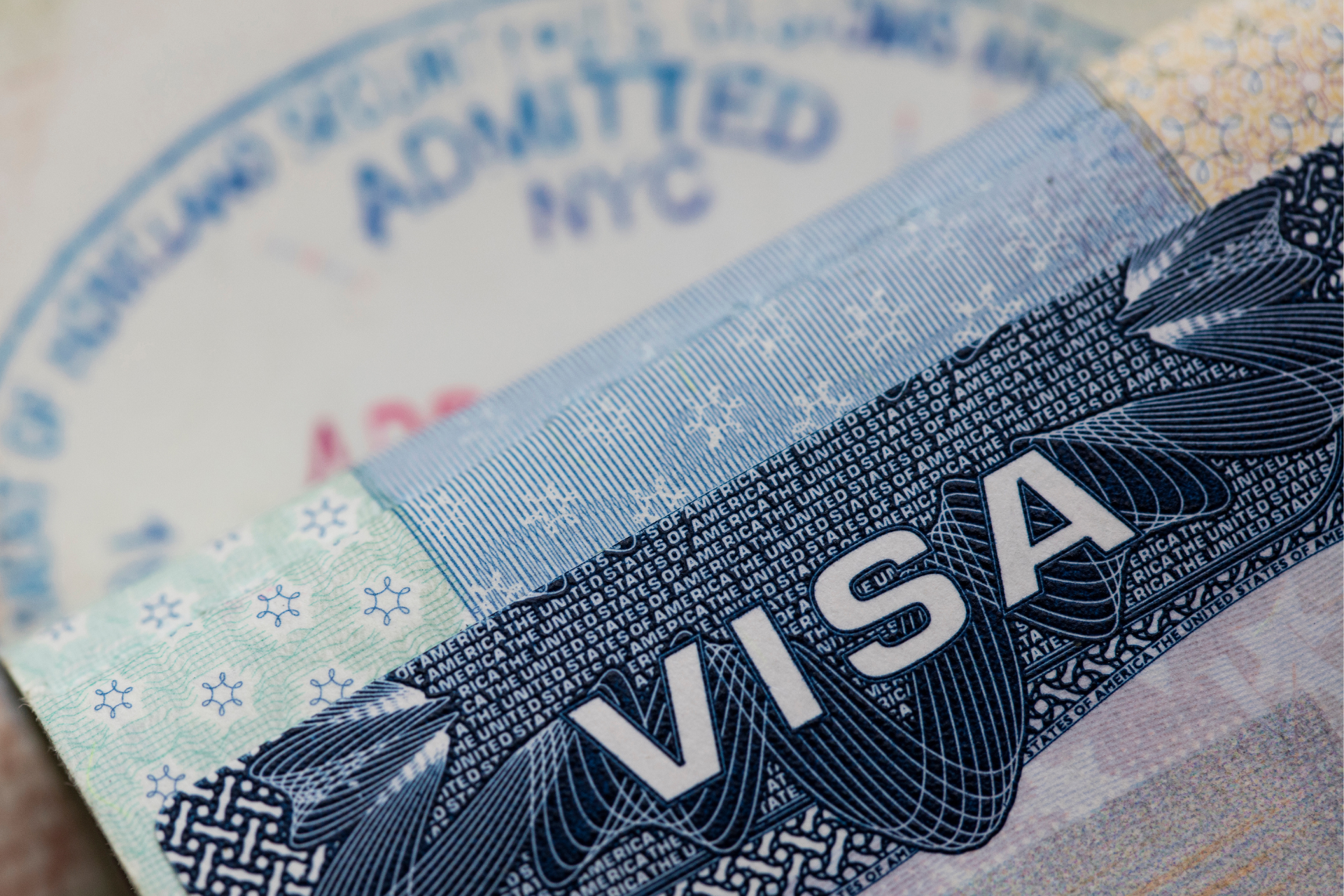The H-1B visa changes, first proposed in late 2023, are now finalized. The U.S. Department of Homeland Security (DHS) announced the rule in the Federal Register. Some key changes include new rules for visa approvals and stricter requirements for which jobs qualify for the program.
One of the updates requires that officials automatically approve visa applications that are the same as previous ones, as long as the parties and facts haven’t changed. This is meant to reduce processing times.
Another important change is that the program now requires more specific education. General degrees, like a Master of Business Administration (MBA), won’t be accepted unless the degree is directly related to the job. This means H-1B applicants will need a specialized degree that matches the position they are applying for.
The new rule also includes automatic extensions for student visas to fill the “cap gap.” This gap happens when there is a delay between graduation and the start of the H-1B visa.
Additionally, the exemption for nonprofit and government research organizations has been loosened. Now, these organizations only need to show that the research the H-1B holder is engaged in is a key activity, rather than the primary activity.
The final rule also gives DHS the power to visit employer sites to check if they are following the rules. Employers should expect more site visits as part of the program. The new rules will take effect on January 17, 2025.
If you have any questions about the H-1B overhaul, the program overall, or any other employment-based or family-based U.S. immigration issue, contact us. Our clients work directly with attorneys to ensure they get expert guidance every step of the way. The time is now to plan for the upcoming 2025 H-1B program as well as all family-based immigration opportunities.

